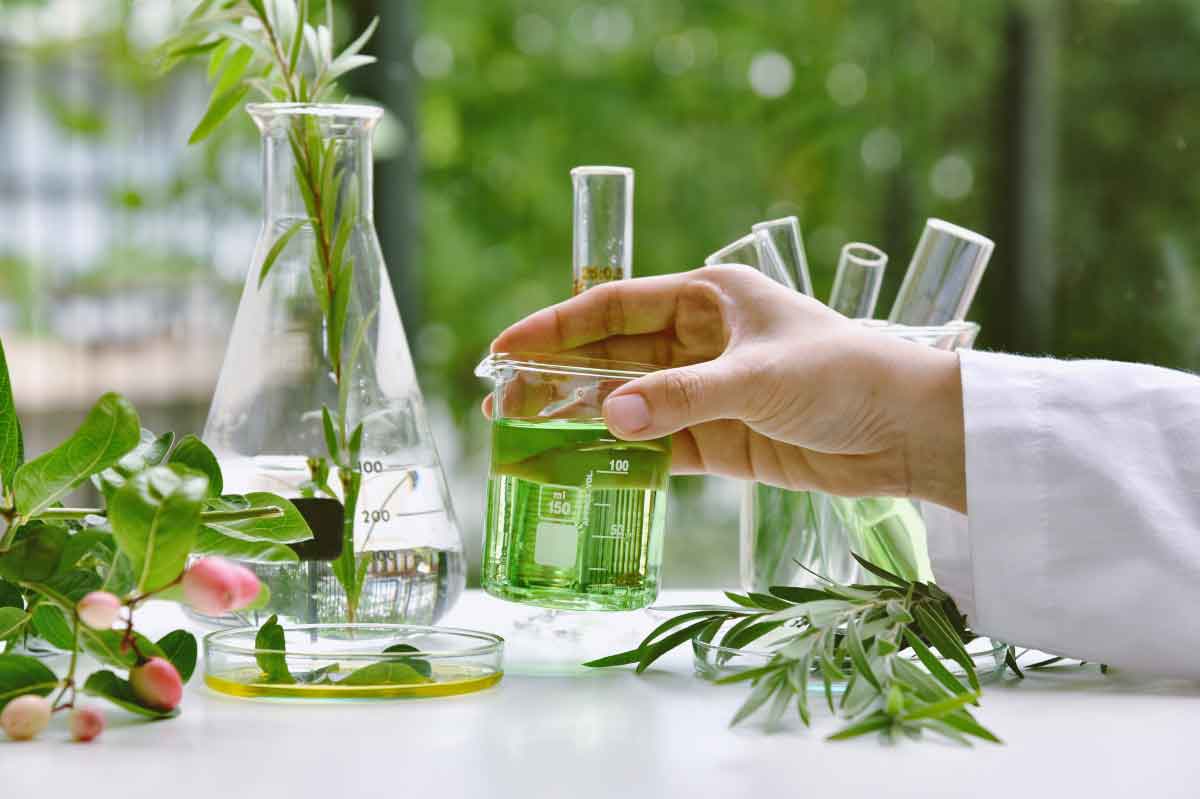Dietary intake of the citrus flavonoid hesperidin affects stress-resilience and brain kynurenine levels in a subchronic and mild social defeat stress model in mice (animal)
This 2019 paper examines the Japanese local citrus plant, Citrus tumida, since one of its components (hesperidin) has anti-inflammatory properties. Sato et al. believe that anti-inflammatory reagents may have roles in interventions designed to prevent and alleviate risk of depression. Studies have shown enhanced stress resilience in mice facing sub-chronic and mild social defeat following consumption of immature Citrus tumida fruit peels. Moreover, taking 0.1% hesperidin significantly increased stress resilience and modified kynurenine (KYN) levels in various areas of the brain (KYN is believed to be involved in chronic inflammation). These findings suggest that dietary hesperidin elevates resilience to stress through prevention of KYN signaling. [NPID: herbs, animal depression, hesperidin, kynurenine, social, defeat]
Year: 2019

 Navigation
Navigation






